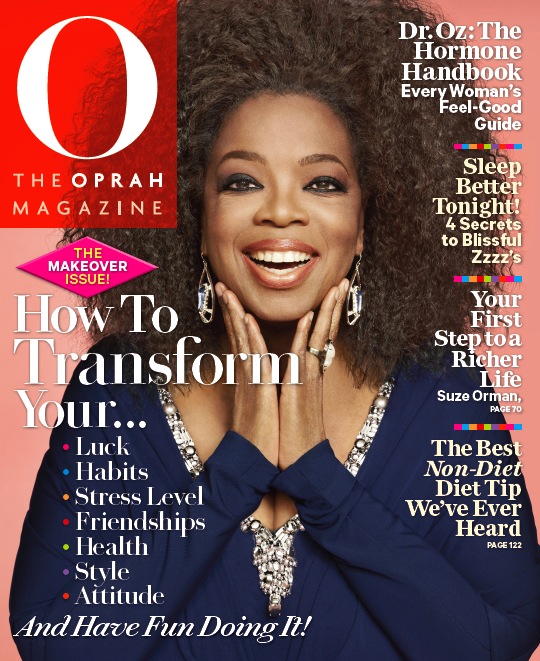
When you’re threatened, everything that ends up mattering happens in seconds. You take a defensive, even defiant stance and can’t (or feel that you can’t) step back and retain any credibility. You pick up a gun and, as often as not, end up shooting your innocence and outrage in all directions.
Almost nothing is more threatening to people than to have “how they view themselves” called into question. When I believe I’m generous and am accused of acting selfishly, my self-esteem is challenged. And it’s not just how I see myself. It’s how I’ve presented myself to others too. When determining my response, it’s also about everyone else who’ll be disappointed if I don’t defend how I want them to see me.
That larger group always starts with the people who are closest to me: my spouse, children, parents and friends. If you’re ambitious and need others to vouch for your work, their number expands. Teachers, coaches and priests who can attest to your character for first jobs or college admissions; colleagues who can speak to your honesty; subordinates you’ve mentored and bosses you’ve impressed. If your rise is meteoric enough, your supporters might even include Supreme Court Justice Elena Kagan and President George W. Bush.
So if you’re Brett Kavanaugh, you won’t just be defending yourself when you’re accused of wrongdoing, you’ll be defending what your legion of supporters think about you too. As a result, the frontline in need of defending is long and you’ll feel that it’s up to you to be “brave enough” to defend every inch of it.
And yet…
The fateful decision on how we’ll respond is often made in seconds, because that’s how the “fight or flight” response works when we’re threatened “to our very core.” At such times, it’s too easy to confuse our instincts for bravery.
You almost never stop to think about what you’ll do next because in that moment it’s incredibly hard to leave the reptilian parts of your brain for the more dispassionate parts, where it’s possible to admit that you’re not as perfect as you’ve convinced yourself and almost everybody else to believe that you are.
We also know that the most fateful decisions should never be made in a rush, particularly when you’ll be insisting that your white coat has never gotten dirty—not even once—in the ways alleged. But of course, that wisdom isn’t enough to overcome a knee-jerk urge to defend your honor. Part of what was so compelling about this week’s confirmation hearing was the defiance and combativeness that taking an irrational position always seems to require.

Some righteous outrage is warranted if you are wrongly accused. Some anger is certainly justified when accusations are distorted into parody. But unequivocal denials require more. Their nature almost demands that outrage at your challengers never waivers.
It can reveal more than we intend to those who are trying to keep an open mind and understand what really happened. What I saw were hours of defiance on Thursday, a reminder of Queen Gertrude’s comment in Hamlet that: “Thou dost protest too much, me thinks.” That is, too much reptile and too little rational judge if there really is nothing to your fall from grace.
In that initial “moment of truth,” when you first hear what you’re accused of, you don’t think of anything other than “protect myself,” “protect the queen,” protect everything that it’s taken me all these years to build. Unfortunately, I’ve had those moments and never thought once that I had an option other than to “go down swinging” if I have to, because everything I hold dear seemed to be at stake.
Somebody needed to tell me that I had an option, so maybe/hopefully I would remember the next time that while there are instincts hell-bent on defense inside of me, there is higher order biology inside me too.
It’s a pathway from instinct to emotion and onto thinking that I need to be reminded about. I can step back from the precipice and say: “I don’t have to start my denials right away, my ego is not so fragile that a searching moment or two is impossible.”
It’s a pause we almost never take, but could always take, if we thought about it beforehand, before someone confronts us again about a time when our pants were down.
Maybe I could respond not selfishly but with generosity towards myself (given the terrible costs of defending my perfection) and towards others (who say they’ve been damaged by far less flattering parts of me).

It’s hard to respond generously when you can’t see the option in the heat of the moment. You have to think about other ways forward long before your instincts take over, and too many of us never do.
This post was adapted from my September 30, 2018 newsletter.

